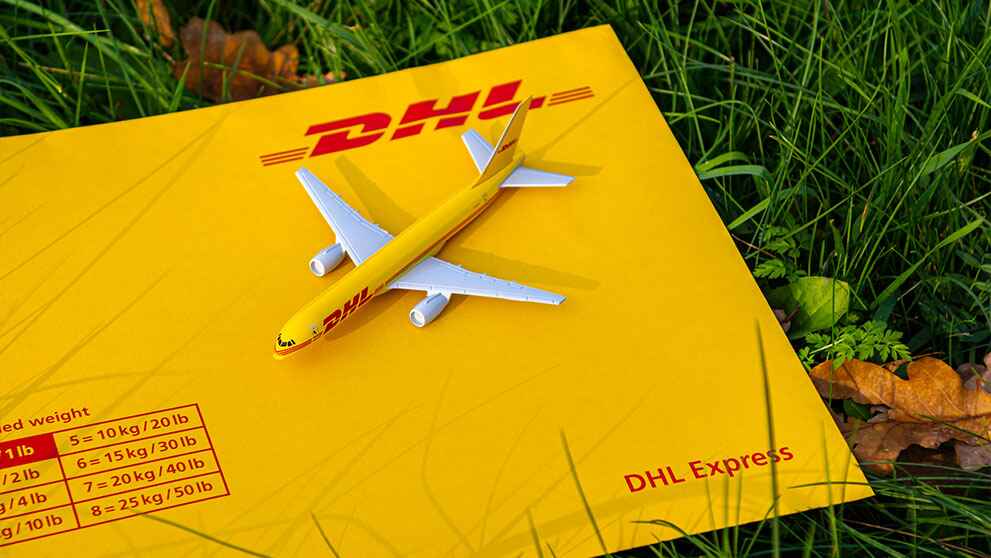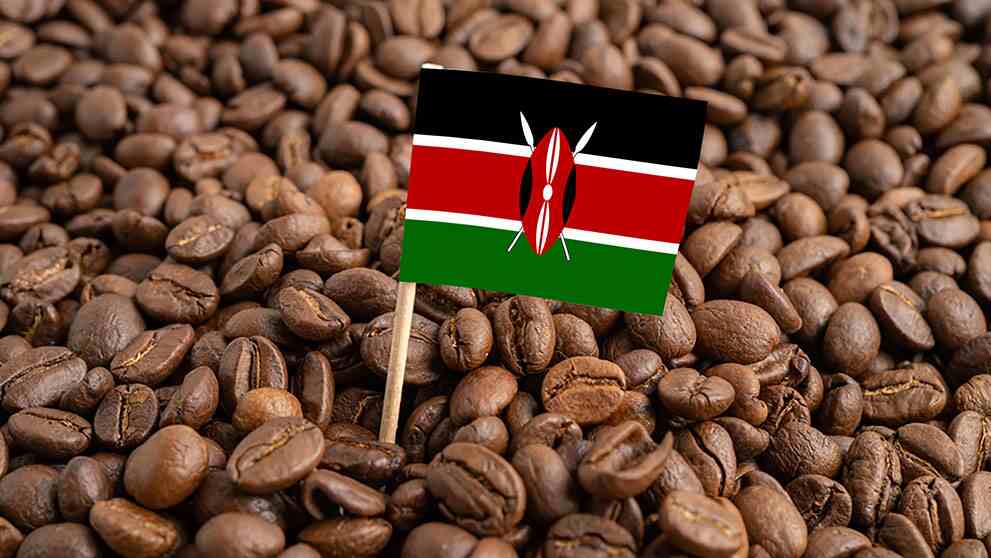The dynamic economies of Kenya and Nigeria present a wealth of opportunities for small to medium-sized enterprises (SMEs), and businesses of all sizes can benefit from this. From tea to horticultural products, textiles, and processed foods, there are many products Kenyan SMEs can sell to the Nigerian market.
However, navigating the export process can be daunting, especially for businesses unfamiliar with international trade regulations. This guide will walk you through the key procedures Kenyan SMEs need to follow when shipping goods to Nigeria.
Pre-shipment Preparations
Product Research: Ensure your product complies with Nigerian import regulations. Research any restrictions or licensing requirements imposed by Nigerian authorities. The Nigerian Standards Organization (SONCAP) website provides valuable information on these regulations
Finding a Buyer: Establish a secure business relationship with a Nigerian importer. Negotiating payment terms, Incoterms (international commercial terms), and delivery methods are crucial at this stage. Incoterms will clarify responsibilities for tasks like customs clearance and transportation costs.
Company Registration: Ensure your Kenyan SME is registered with the Kenyan Revenue Authority (KRA) and possesses a valid export license, if necessary. The Export Promotion Council (EPC) of Kenya can offer guidance on these requirements.
Packaging and Labeling: Package your goods securely to withstand international shipping. Ensure all labels comply with Nigerian regulations, including product description, country of origin, and any necessary warnings or handling instructions.
Documentation and Permits:
Commercial Invoice: This document details the product description, quantity, unit price, and total value of the shipment. It serves as the basis for calculating customs duties in Nigeria.
Packing List: This itemised list details the contents of each package in the shipment, including weight, dimensions, and any identifying marks.
Certificate of Origin (CoO): The Nigerian customs may require this document for duty concessions or preferential trade agreements. You can get it from the Kenya Revenue Authority (KRA).
Other Permits: Depending on the nature of your product, additional permits from Kenyan authorities may be necessary. For instance, food and agricultural products might require phytosanitary certificates.

Customs Clearance:
Kenya Customs Electronic Data Interchange System (KCEDS): File all export declarations electronically through the KCEDS platform. This allows Kenyan customs to assess the shipment and determine any applicable export taxes.
Nigerian Customs Clearance: Your Nigerian importer will be responsible for clearing the goods upon arrival. Ensure you provide them with all necessary documentation to facilitate a smooth process.
Choosing a Mode of Transport:
The choice between airfreight or sea freight depends on certain factors like urgency, shipment size, and cost considerations. Airfreight is faster but more expensive, while sea freight is cost-effective for bulkier shipments but takes longer.
Financing and Insurance: Protect Your Investment
Export Credit Insurance: Consider export credit insurance to protect against risks like non-payment by the importer or political instability in Nigeria.
Letter of Credit: For added security, establish a letter of credit with your bank. This guarantees payment upon presentation of the required shipping documents.

Additional Tips for Kenyan SMEs:
Research Market Trends: Stay informed about current market trends in Nigeria to ensure your product remains competitive.
Consider Trade Missions: Participating in trade missions organized by the Kenyan government can help connect with potential Nigerian buyers.
Build Relationships: Building strong relationships with freight forwarders and customs brokers in both Kenya and Nigeria can streamline the export process.
DHL, Your Trusted Export Partner
Expanding your Kenyan SME into other markets like Nigeria, or even the larger international market can be eased with DHL as your trusted export partner. You can overcome challenges and achieve success.
Our expertise and comprehensive solutions empower Kenyan SMEs to reach global customers efficiently, ensuring timely delivery and exceptional customer experiences. By partnering with DHL, you can leverage our knowledge and resources to navigate continental and international logistics, comply with regulations, and mitigate risks. Trust DHL to help you tap into new markets, increase your global footprint, and grow your business. Open a business account with us today and discover how we can support your international trade ambitions.
- https://www.kenyachamber.or.ke/2023/03/24/kenya-and-nigeria-embracing-free-trade-deal-to-boost-economic-development-between-the-two-countries/
- SON - Standards Organisation of Nigeria
- Import/Export Procedures in Kenya | ISCOS
- Shipping from Kenya to Nigeria (from Nairobi to Lagos) by sea, road, rail and air freight


















